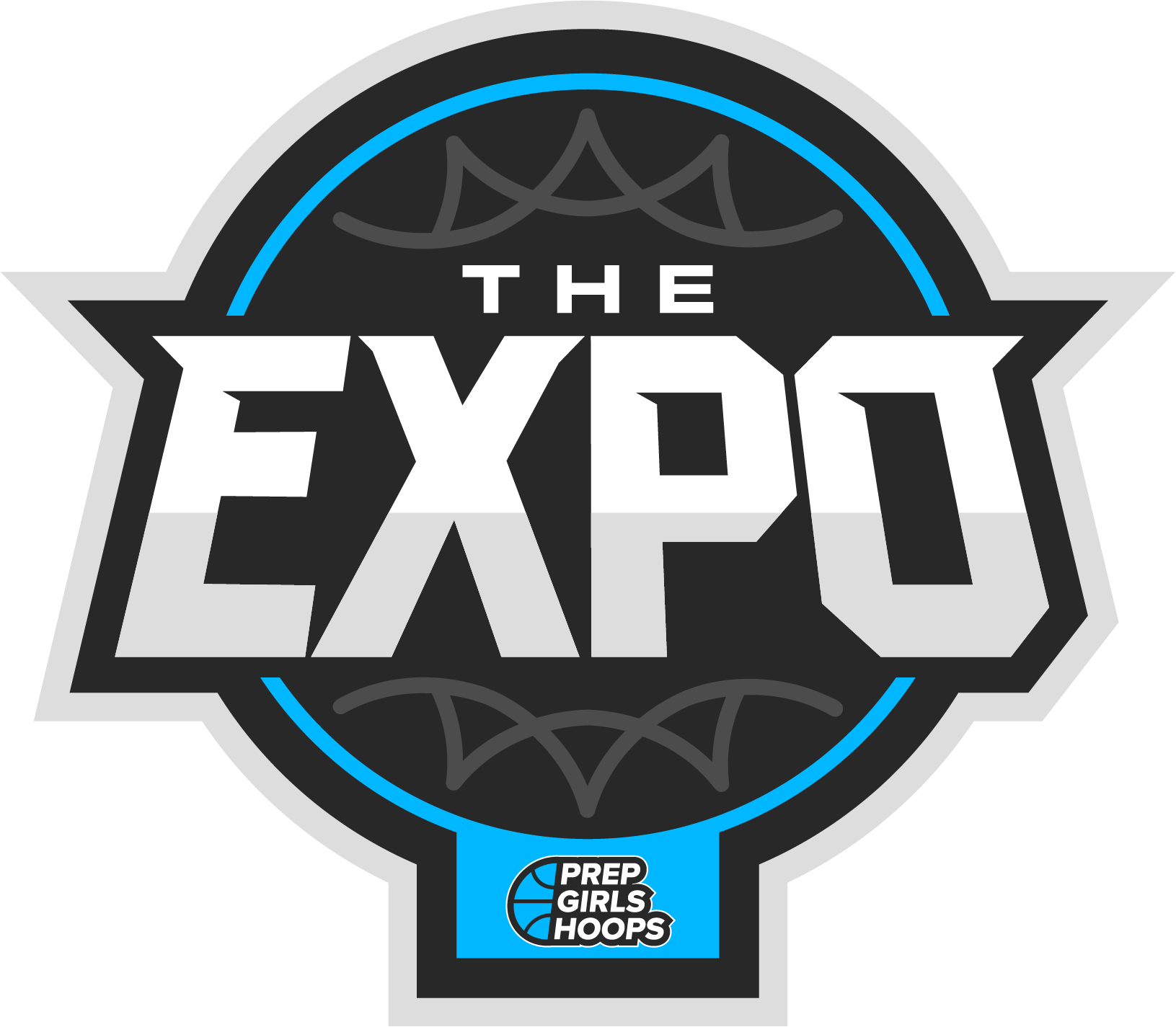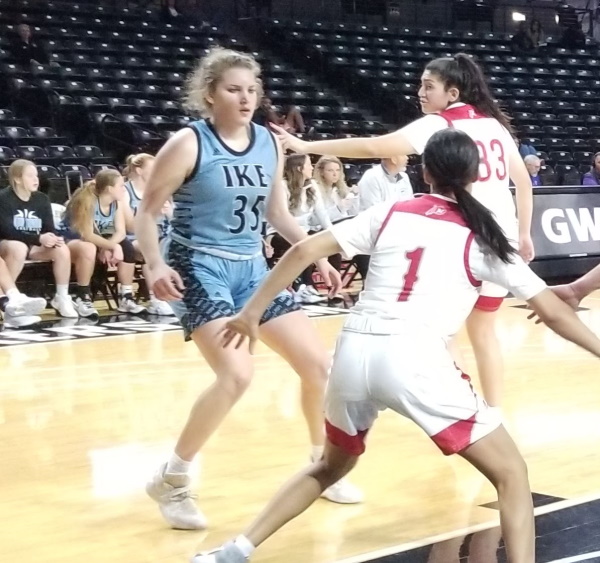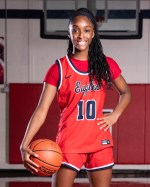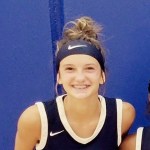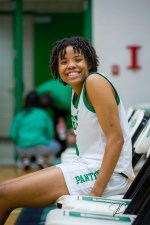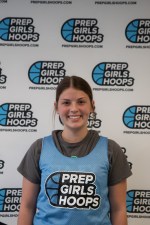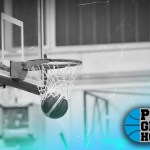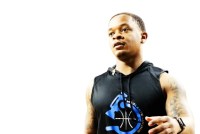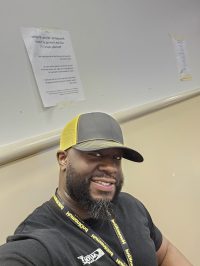<!-- wp:paragraph -->
<p>The Kansas Jayhawk Community College Conference (KJCAA) of the National Junior College Athletic Association (NJCAA) is composed of 21 teams. 13 make up the Division 1 League, 8 the Division II. Dozens of Kansans suit up in the Jayhawk Conference including nearly three dozen 2024 graduates. Many seniors already hold offers or have schools with their eye on them. Others have transferred in from NCAA D II or are still playing after entering the league in the two to three years prior. Many of the schools are perennial powers, consistently reaching the NJCAA national tournament. Hutchinson's women and Barton's men won D I national titles in 2024. So what does it take to succeed as a player? Bishop Carroll's Landon Forbes, Schlagle's Ishante Suttington, Eisenhower's Carly Dameron and Derby's Jaden Wilson took time to share their thoughts on what Kansas 2025s can expect. Much of what is shared touches on intangibles I look at when scouting talent and considerations for being able to play college ball.</p>
<!-- /wp:paragraph -->
<!-- wp:heading {"level":4} -->
<h4 class="wp-block-heading">Game Speed</h4>
<!-- /wp:heading -->
<!-- wp:paragraph -->
<p>Practically the first thing each player commented on was the speed of the game. It is a faster, higher caliber of play. And nothing really can prepare you for it. Forbes described the league as one with lots of NCAA D I talent with junior college skills. Players are playing JUCO to sharpen their skills to get to D I. Suttington says her first year felt like she was playing D I. And because there is so much to learn in terms of plays and schemes the only thing that can be done is to practice, play and learn. Workouts to improve are twice as often and three to four times as hard. Some players adapt quicker than others. Forbes, a NCAA D II transfer from Fort Hays to Hutchinson, loves the speed of and more transition play in the Jayhawk Conference.</p>
<!-- /wp:paragraph -->
<!-- wp:heading {"level":4} -->
<h4 class="wp-block-heading">Physicality</h4>
<!-- /wp:heading -->
<!-- wp:paragraph -->
<p>Another early comment regarded how physical Jayhawk Conference play is. Wilson offered that it is far more than she saw in high school or club ball. Dameron said you cannot be soft. Adjusting and getting to that physicality is hard. Being generally physical is one thing. The timeliness of when, where and how to be is another.</p>
<!-- /wp:paragraph -->
<!-- wp:heading {"level":4} -->
<h4 class="wp-block-heading">Discipline</h4>
<!-- /wp:heading -->
<!-- wp:paragraph -->
<p>Dameron, Wilson and Suttington commented that nothing before college prepared them for how hard they work at everything. You have to master plays, techniques, schemes on both ends of the floor and execute repeatedly. Disciple is needed to do what the team needs, be where you need to be, hold box-outs for several seconds, play with energy and more. Wilson and Dameron asserted that they work at least three times as hard they you needed to in high school.</p>
<!-- /wp:paragraph -->
<!-- wp:heading {"level":4} -->
<h4 class="wp-block-heading">Training</h4>
<!-- /wp:heading -->
<!-- wp:paragraph -->
<p>The players talked about the weight training schedule and focus. Contrary to what I learn from discussion with and media shared by high school players about their workouts, the Jayhawk players all said they do not do any loading. Focus in the weight room is on stretching, injury prevention and knocking out 6-8 reps training different areas of the body. Training is also tied into work outside of practice and the weight room. Getting shots up, working on skills on your own is important. Suttington stressed the importance of being able to knock down open shots.</p>
<!-- /wp:paragraph -->
<!-- wp:heading {"level":4} -->
<h4 class="wp-block-heading">Defense</h4>
<!-- /wp:heading -->
<!-- wp:paragraph -->
<p>Defending well, full court and for an entire 30 second shot clock is hard says Suttington. And to be able to do it every time takes discipline. High school and summer ball for them was more about offense. Wilson and Dameron were in agreement that college ball is much more defensively oriented. </p>
<!-- /wp:paragraph -->
<!-- wp:heading {"level":4} -->
<h4 class="wp-block-heading">Team Focus</h4>
<!-- /wp:heading -->
<!-- wp:paragraph -->
<p>Dameron described how hard it was dealing with being injured for the first time ever, being unable to play and the need to be involved in and supportive of the team. Suttington said in high school one or two people do everything. With college ball you have to learn to play in a system while high school you pretty much just play. </p>
<!-- /wp:paragraph -->
<!-- wp:heading {"level":4} -->
<h4 class="wp-block-heading">Self Care</h4>
<!-- /wp:heading -->
<!-- wp:paragraph -->
<p>Suttington emphasized the importance of taking care of your body. The first couple of months are hard. It becomes easier and better once you find a routine. Dameron said you have to be disciplined off the court as well. Get enough rest, work hard and be involved in classes. Playing in college, Suttington said, is a job. Being a student-athlete takes up 90% of your time. Typically you have to be taking 15-18 credit hours, go to tutoring, practice, work in the weight room and prepare. Self care also includes not taking criticism personally.</p>
<!-- /wp:paragraph -->
The Kansas Jayhawk Community College Conference (KJCAA) of the National Junior College Athletic Association (NJCAA) is composed of 21 teams. 13 make up the Division 1 League, 8 the Division II. Dozens of Kansans suit up in the Jayhawk Conference including nearly three dozen 2024 graduates. Many seniors already hold offers or have schools with their eye on them. Others have transferred in from NCAA D II or are still playing after entering the league in the two to three years prior. Many of the schools are perennial powers, consistently reaching the NJCAA national tournament. Hutchinson's women and Barton's men won D I national titles in 2024. So what does it take to succeed as a player? Bishop Carroll's Landon Forbes, Schlagle's Ishante Suttington, Eisenhower's Carly Dameron and Derby's Jaden Wilson took time to share their thoughts on what Kansas 2025s can expect. Much of what is shared touches on intangibles I look at when scouting talent and considerations for being able to play college ball.

Continue reading this article and more.
Continue Reading
Already a subscriber?
Log in

